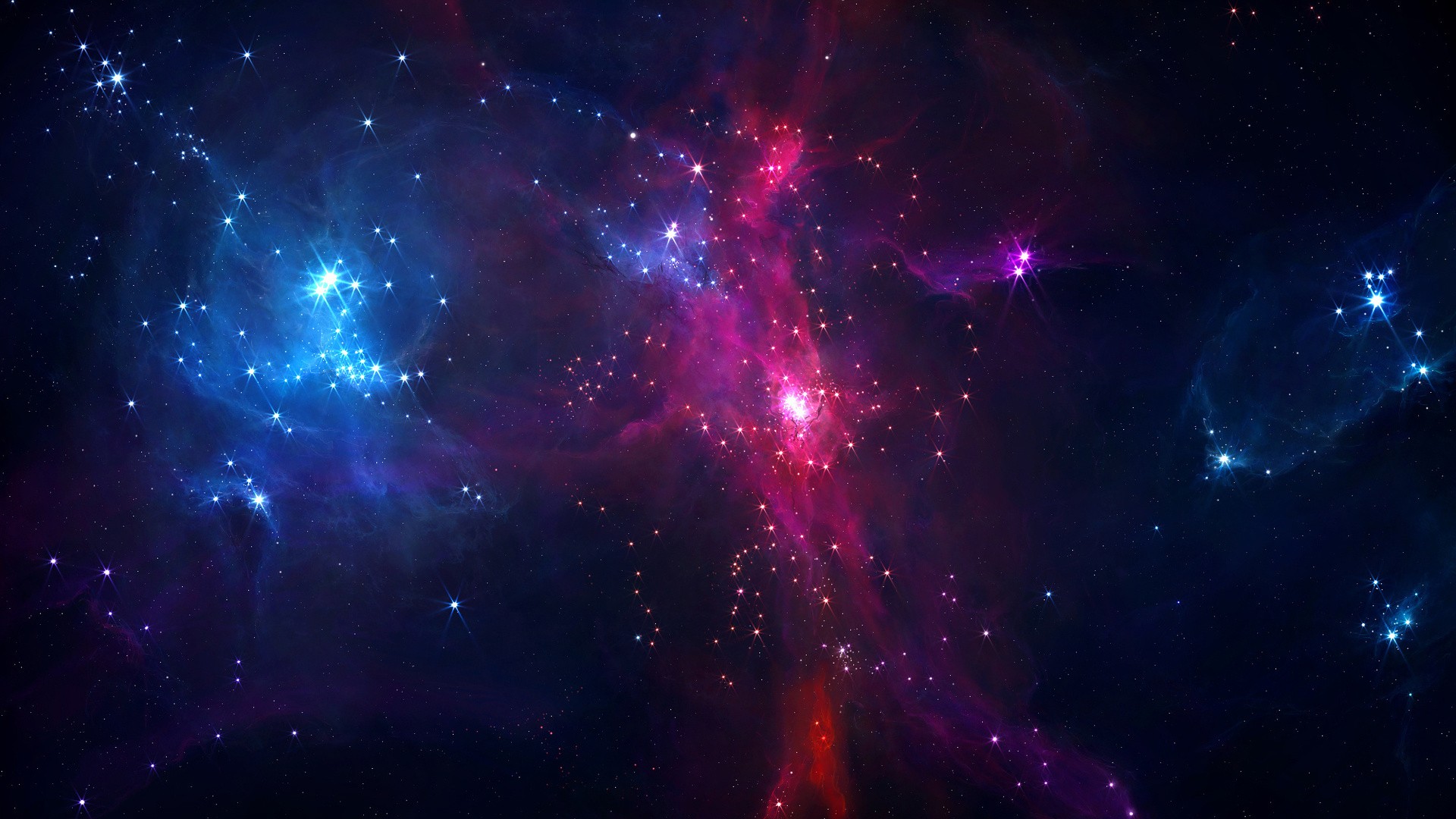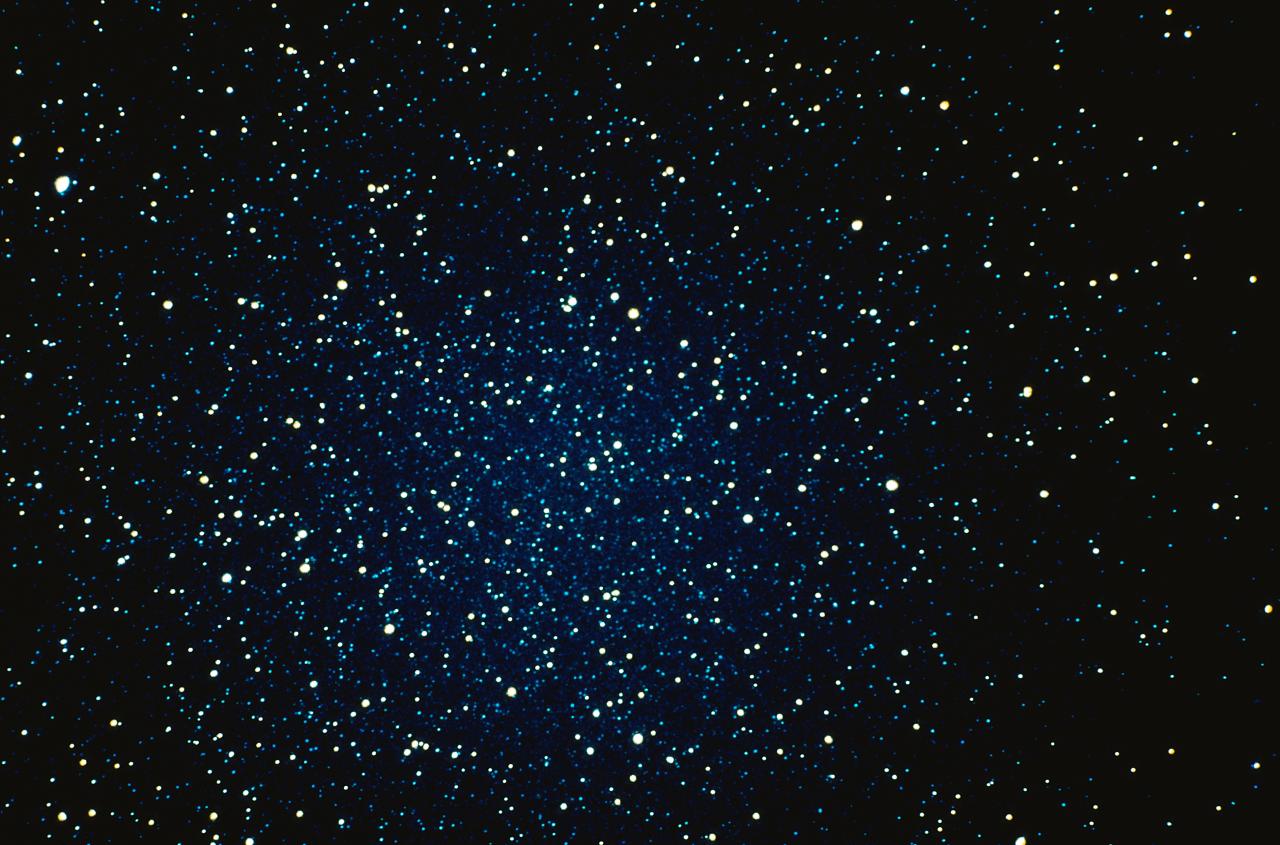
A discovery on Saturn's Moon Titan could be an indication of how life begins to emerge throughout the Universe.

If we're going start building colonies elsewhere, then one of the essential resources we're going to need is energy. A new study says Saturn's largest moon, Titan, has it in abundance.

Ihe intrepid orbiter sent back some truly stellar pics of the planet's most unusual feature: The raging hexagonal storm on its North Pole.

Before it goes out in a blaze of glory, Cassini has been sending back some of the most incredible images of Saturn and its moons—but one of its latest from Saturn’s rings is especially spectacular.
Saturn's sixth-largest moon is incredibly far from the sun, but new research shows that it could probably sustain life.

The Cassini probe has revealed Saturn’s inner-most moon Pan in all its peculiar glory. The spacecraft took the highest resolution images yet of Pan on 7 March 2017 from a distance of 24,572 km.

A sequence of images captured by NASA’s Cassini spacecraft last month are the most detailed pictures ever taken of Saturn’s famous rings, revealing complex, unexplained bands and the movements of dozens of tiny icy moonlets spinning around the planet.

The NASA mission is getting unprecedented views of the ringed gas giant's biggest mystery

As the Cassini spacecraft executes its final daredevil maneuvers, scientists on both sides of the Atlantic are already thinking about the next mission to Saturn. But this time they're talking about hunting for life in Saturn's rings.

For more than a decade, the Cassini spacecraft has been exploring the system of Saturn, some 1.2 billion kilometres from Earth. As the first phase of its final descent begins, we look at what it has discovered about the ringed planet and its moons, and what happens next.
New gravity data from recent Cassini flybys of the giant planet suggest that Dione's crust floats on an ocean 62 miles below the surface, and may harbor microbial life.

Saturn's exotic moon Titan, with its thick atmosphere and large, methane lakes, continues to beguile planetary scientists. Now, using data collected by an altimeter aboard NASA's Cassini spacecraft, scientists have found liquid methane flowing through deep gorges on the moon's surface.

Scientists have uncovered a chemical trail that suggests prebiotic conditions may exist on Saturn's largest moon Titan. This moon features terrain with Earthlike attributes.

A small water jet on the icy moon spews its fiercest eruptions when the moon is farthest from the planet, but overall gas output hardly increases.

NASA's Cassini spacecraft has detected a massive, never-before-seen icy cloud at the south pole of Saturn's huge moon Titan.